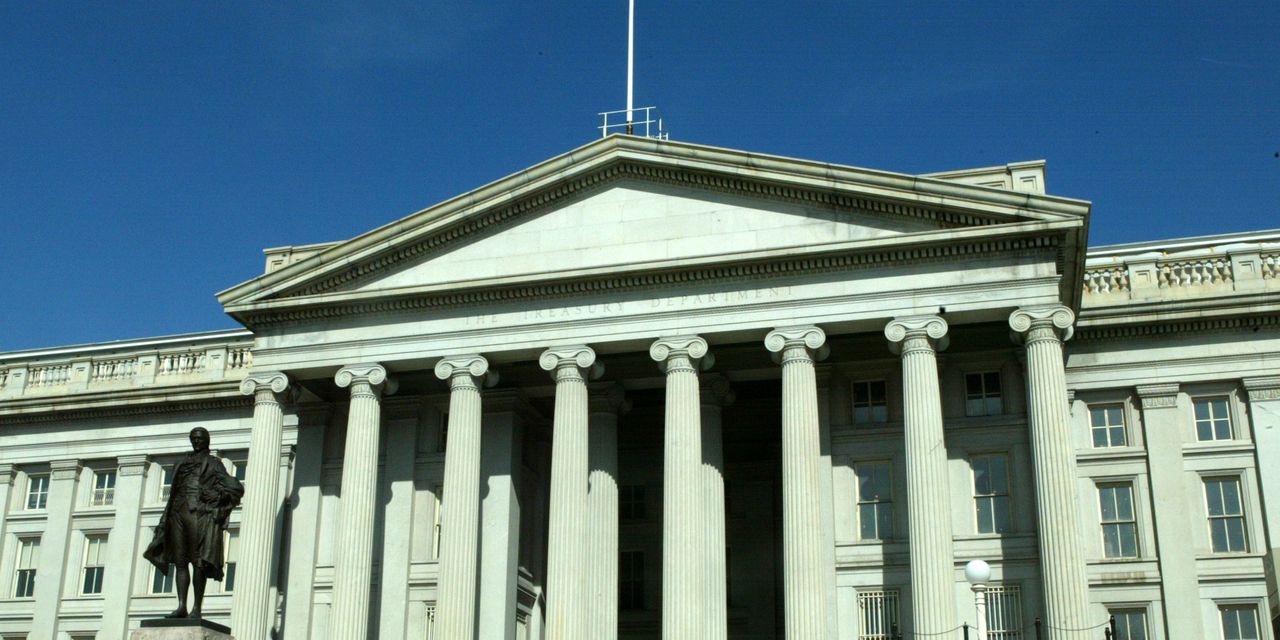As a government shutdown appears likely, Americans are preparing for disruptions to food aid, air travel, and much more. Worse yet, it’s also possible that a prolonged shutdown could contribute to systemic stress in U.S. financial markets.
That’s according to Karen Petrou, managing director of the advisory company Federal Financial Analytics Inc.
“Financial stability depends on part on critical financial infrastructure, particularly in the payment, settlement and clearing spaces, and a large and increasing amount of that infrastructure is outside the reach of the banking agencies,” Petrou said in an interview with MarketWatch.
See also: U.S. government shutdown: Here’s how a partial closure could affect you
Federal banking regulators, including the Federal Reserve, Federal Deposit Insurance Corporation and the Office of the Comptroller of the Currency will remain fully functional during a shutdown because they are not funded by Congress in the normal appropriations process, but through fees on banks and other means.
But other financial regulators, including the Securities and Exchange Commission and the Commodity Futures Trading Commission, would operate with a bare minimum of staff in the event of a shutdown.
These agencies oversee Financial Market Utilities — entities that have been designated by the Financial Stability Oversight as critical infrastructure for the functioning of financial markets. They include organizations such as the Chicago Mercantile Exchange
CME,
and the Depository Trust Company.
A government shutdown would be an opportune time for sophisticated or state-sponsored bad actors to launch cyber attacks against these systems, Petrou warned.
“Treasury, the Defense Department, CIA, and lot of other agencies must go down to essential personnel,” Petrou said. “We have to just hope that those essential personnel are going to continue to do the type of vital, 24-7 cybersecurity and related watches,” that keep critical financial infrastructure safe.
FDIC Chairman Martin Gruenberg admitted in a Sept. 20 speech that core bank regulators have less of a window into the risks lurking in the financial system than in the past, given the rapid growth of the nonbank financial sector, including hedge funds, money market funds and nonbank lenders.
To the extent these entities are regulated, they are largely overseen by market regulators like the SEC, which will be operating with a “skeletal staff,” Chair Gary Gensler said during a Congressional hearing Wednesday.
Petrou also warned that recent fragility in the market for U.S. Treasuries, which has seen less liquidity and wider bid-ask spreads of late, could be exacerbated as global investors become less confident in the competence of the U.S. Congress.
A third risk is that the millions of Americans who work for the federal government will have to without pay until the shutdown is resolved. Petrou said the ultimate hit to GDP may not be large, because federal workers are typically made whole after a shutdown ends.
“But you’ve already got 60% of Americans living paycheck to paycheck, and we know that government workers in the 2018 shutdown were missing rent and mortgage payments,” she said. “That could undermine more vulnerable financial institutions, particularly nonbank online lenders.”
Read the full article here








